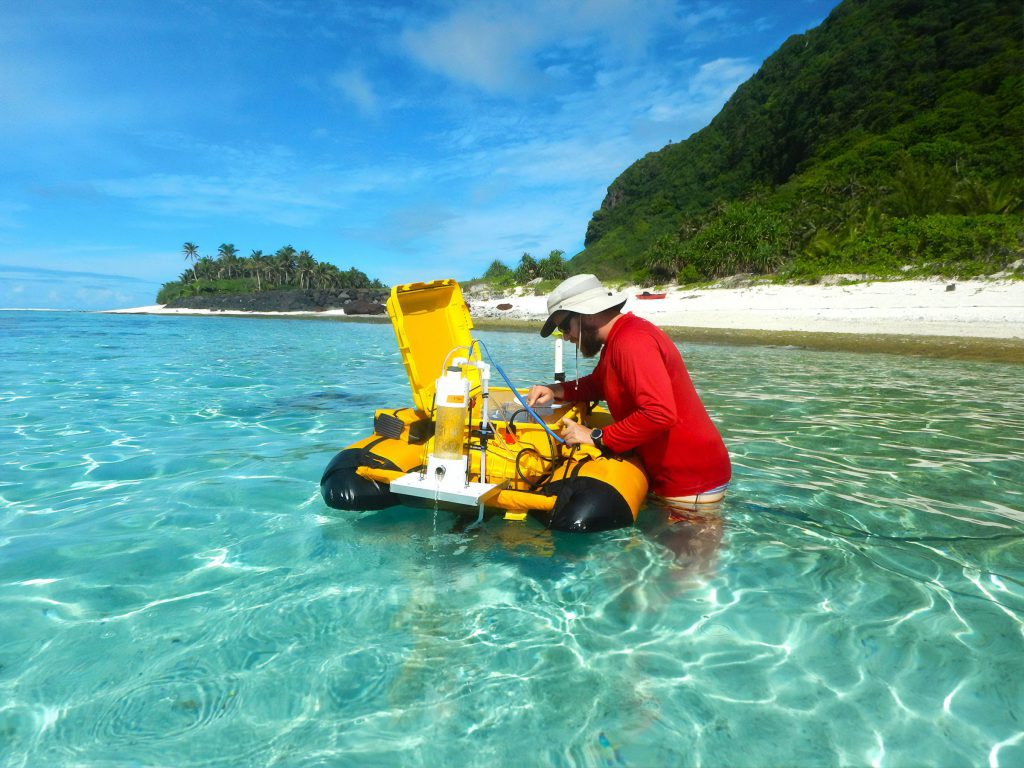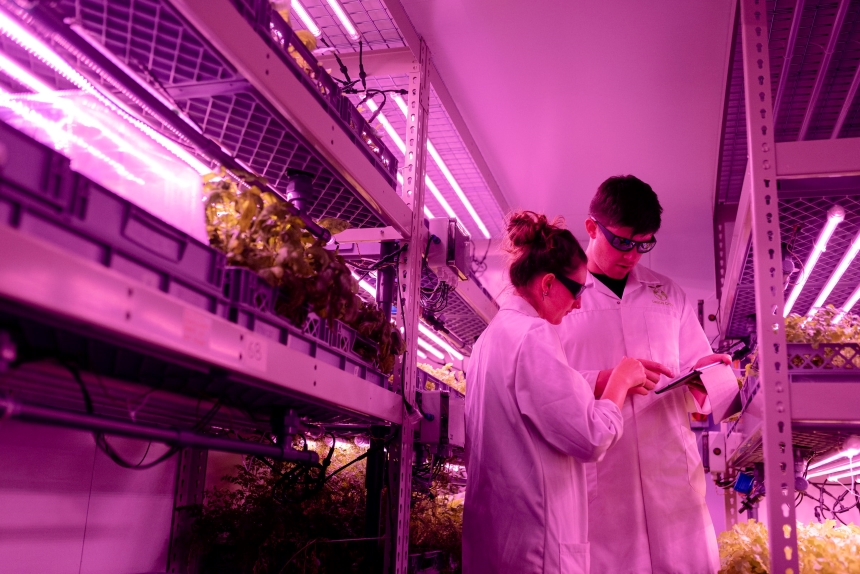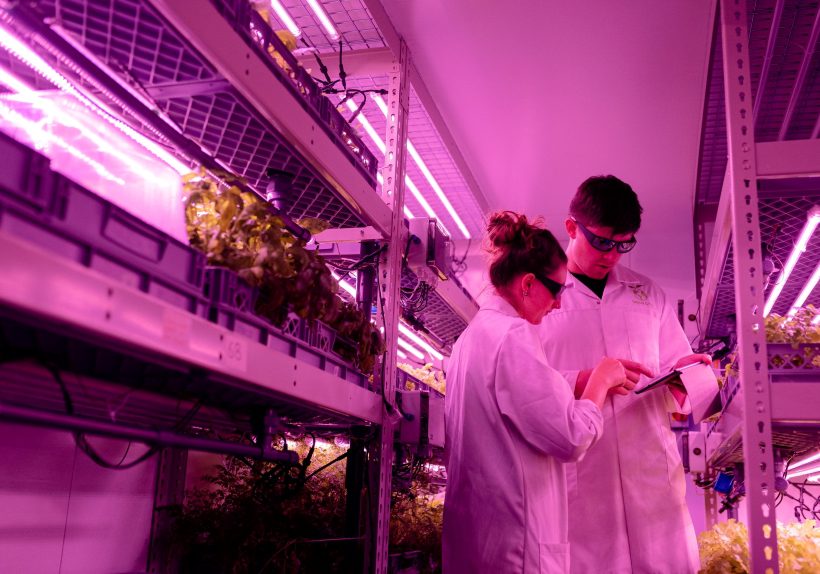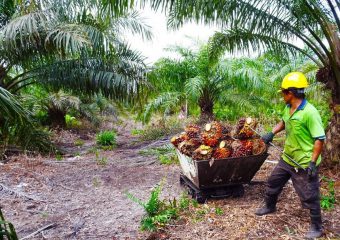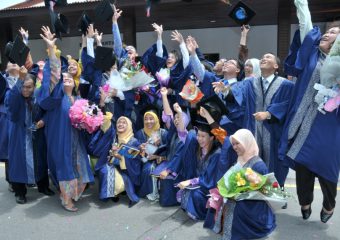Students who want to help make the world a better place by pursuing a green career must first learn and possess various soft and specialised skills. Photo by ThisisEngineering RAEng on Unsplash
In one of our previous articles, we introduced the idea of pursuing careers in the green economy, defined by the United Nations Environment Programme (UNEP) as:
“…one that improves human well-being and builds social equity while reducing environmental risks and scarcities,”
and by the Green Economy Coalition as:
“…one that provides prosperity for all within the ecological limits of the planet.”
The demand for more green jobs has been on the rise over the past years, with expert evidence and everyday experiences showing how climate change, for example, is now the greatest risk affecting the world.
This means that every economic sector is required to adopt a more eco-friendly approach and play their part in tackling environmental challenges, such as the aforementioned climate change, as well as pollution, environmental degradation, resource depletion and many others.
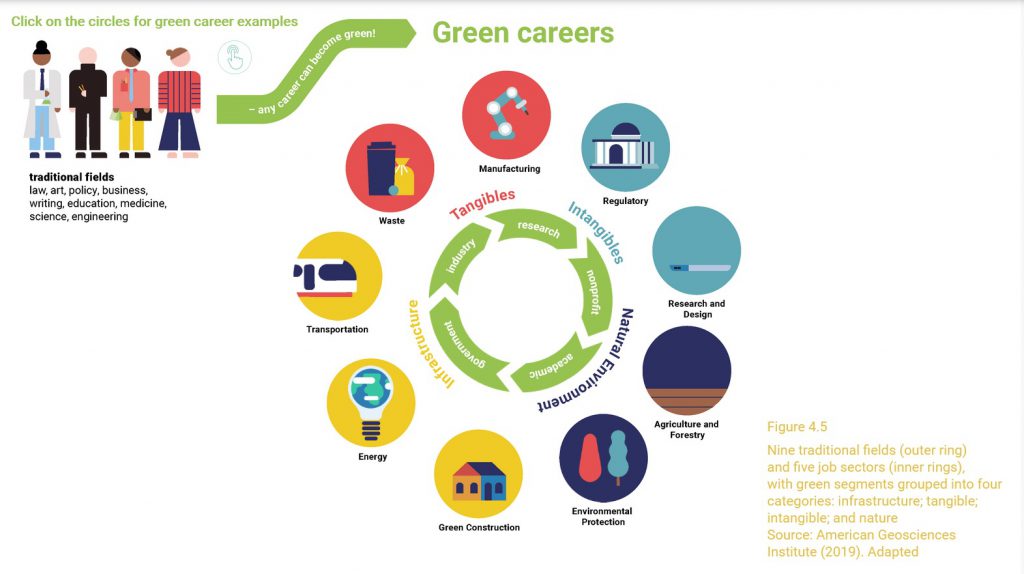
Under its Post-COVID-19 Development Strategy (PCDS) 2030, Sarawak is making environmental sustainability one of its key pillars in its socio-economic development initiatives, more so as it recovers from the ongoing COVID-19 pandemic and progresses towards becoming an advanced state by 2030.
So if you’re a student who wants to pursue a green career and make the world a better place to live in, you’ll need to know the kind of skills to learn and be proficient in first.
With soft skills, for instance, you must have the ability to conduct in-depth research, communicate your results to various kinds of people in different ways, and fundamentally identify environmental problems that need to be solved whether within your area of expertise or through collaborations with those in other fields.
Another set of skills to consider are specialised ones that will be needed in the green economy. Here are some of them, which you can match with your interest as you decide your future green career:
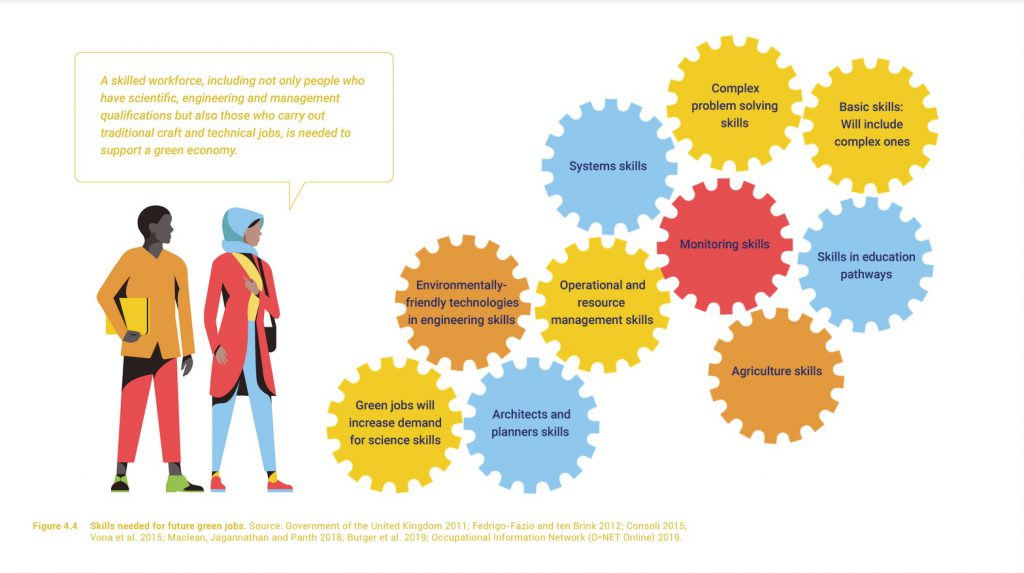
Science skills
Having a strong science background will be highly beneficial if you want to work in the green economy. With jobs including environmental scientists, biologists and biochemists, you are expected to monitor, manage and protect Sarawak’s natural resources, from its land to its waters.
Architectural and planning skills
You can consider working as an architect or a planner that will design green buildings and spaces in Sarawak’s urban and rural towns – those that are more energy efficient and use fewer resources in its construction and operation.
Green engineering and tech skills
Although solar panels, wind turbines and low-emission vehicles are presently available, future green engineers will not only learn to understand and utilise them, but also to improve and maintain them. They might also create more green technologies that can help overcome environmental challenges.
Agriculture skills
Currently, smart farming is being introduced and used in Sarawak in hopes of attracting youths to be part of this vital economic sector. Around the world, green jobs in agriculture usually require knowledge and skills in organic farming, urban farming and precision agriculture.
Environmental justice skills
If human and environmental rights are your passion, then these skills are essential. They provide you the legal, social and historical context of poor environmental and social health, and racial and social injustice, so that people are aware of how their actions impact their surroundings and in turn will strive to not repeat failures of the past.
